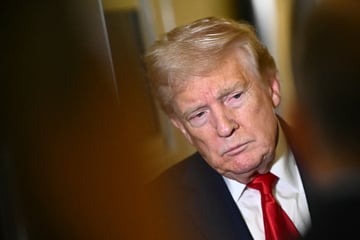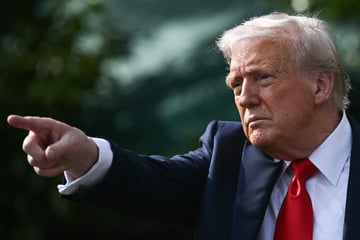Congress approves spending bill, averting government shutdown
Washington DC – Congress approved a government spending bill late Thursday, averting a potential government shutdown with about 24 hours to spare after the latest example of the partisan standoffs crippling Washington's most basic functions.
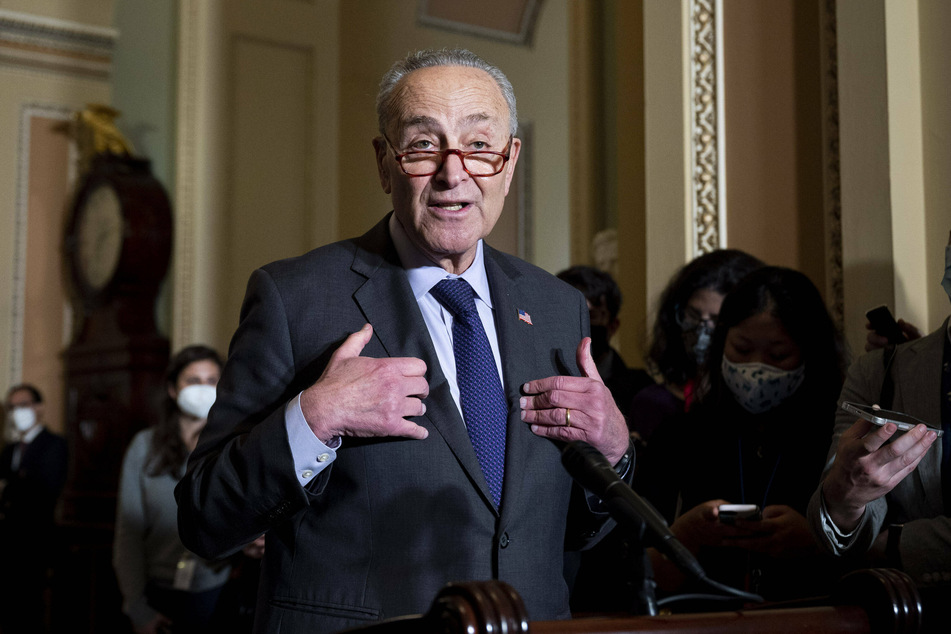
Republican and Democratic congressional leaders had brokered an agreement Thursday morning to fund the government through February 18.
But getting the deal to the president's desk before the Friday night deadline required all 100 senators to consent to speeding up the Senate's legislative clock.
A handful of Senate Republicans said they would not agree unless there was also a vote on an amendment to defund the Biden administration's Covid-19 vaccine-or-testing mandate for some workers.
Led by Senators Mike Lee of Utah and Roger Marshall of Kansas, they also demanded that the amendment's voting threshold be a simple majority of 51, rather than the usual 60 votes needed to overcome a filibuster.
"A vaccine mandate is going to cause hundreds of thousands of Kansans to lose their job," Marshall said of people in his home state. "This is about an economic shutdown. It's not just about a government shutdown."
By evening, Democrats agreed to grant Republicans their amendment vote, largely because two GOP absences ensured the effort would fail.
"I am glad that in the end, cooler heads prevailed; the government will stay open," Senate Majority Leader Chuck Schumer said as the votes got underway Thursday night.
Democrats want to negotiate new spending levels
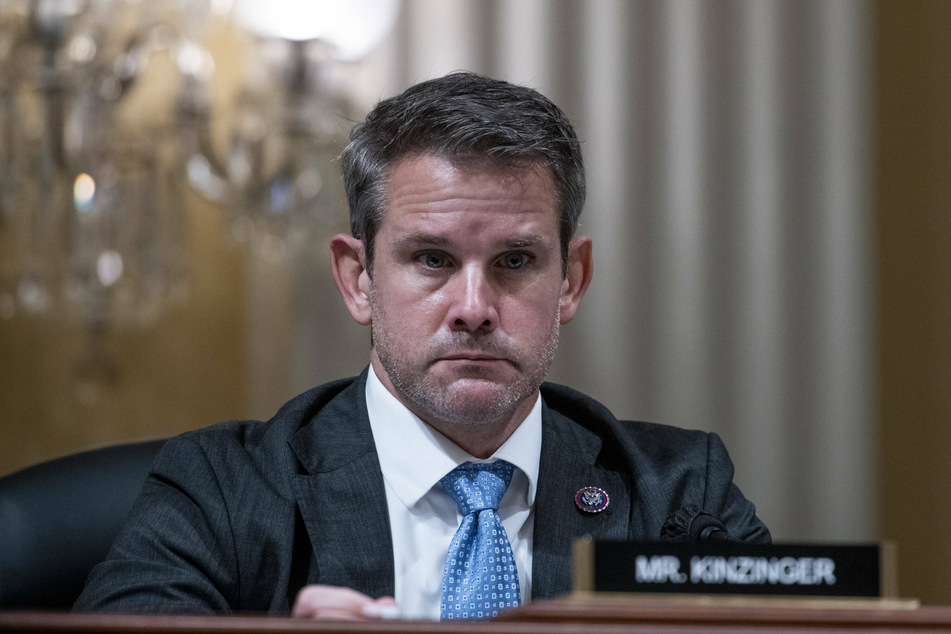
After the vaccine amendment failed, the Senate approved the government spending bill, 69 to 28.
The House had previously approved it in a 221-212 vote, with support from all Democrats and a lone Republican, Representative Adam Kinzinger of Illinois.
The spending agreement will keep funding at previously set levels through February 18.
Democrats wanted a shorter extension because they don't want to continue longer than necessary under levels negotiated with former President Donald Trump.
But that would have required agreement with Republicans on new funding levels.
Had a shutdown occurred, it probably would have been brief – lasting only as long as the Senate took to run out the debate clock.
Still, even short shutdowns mean added uncertainty for federal operations, and many senators, even those in the minority, are loath to risk the embarrassment of Congress failing to live up to one of its most basic requirements.
Shutdowns known to occur
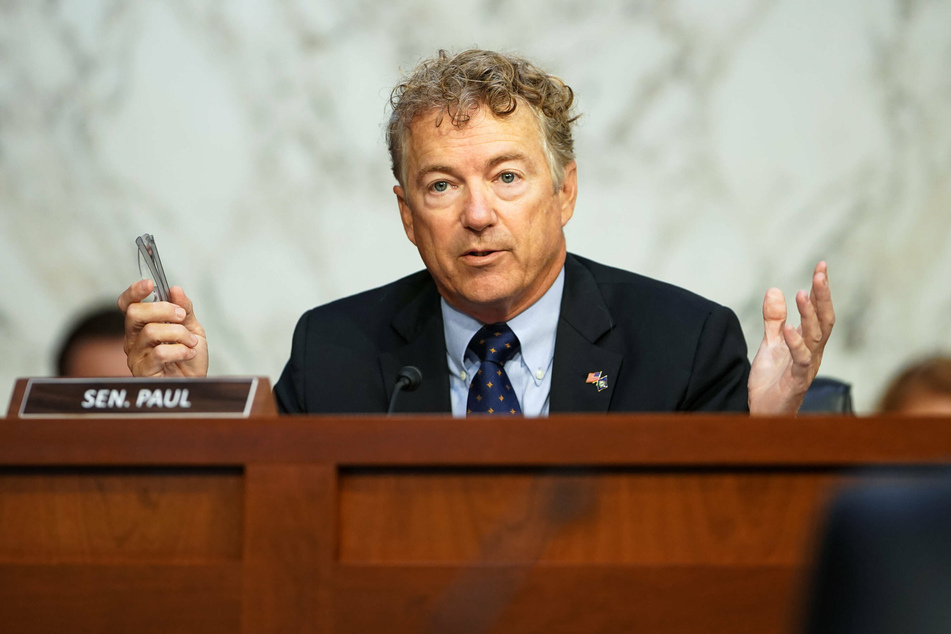
Such brief shutdowns have occurred before, often when congressional leaders waited until the last minute to broker an agreement, hoping that all senators consent to moving up the clock.
Because it only takes one senator to block that agreement, individual lawmakers occasionally take up the powerful tool to make a point.
In 2018, Republican Sen. Rand Paul of Kentucky prompted a brief shutdown over concerns about the deficit. More substantial shutdowns took place in 2013 over Obamacare and in 2018 over Trump's border wall.
Not all Republicans agreed with the shutdown strategy used by some GOP senators Thursday. Republican leadership backed the short-term funding plan, pointing to courts that have blocked the mandate for vaccination or testing. In addition, the Senate is expected to vote next week on a motion to block the mandate from taking effect.
Senate Minority Leader Mitch McConnell of Kentucky predicted on Fox News on Thursday that the motion has a "decent chance" of passing the Senate.
While Biden could veto the measure, Republicans would consider the roll call vote a victory.
Congress faces another battle over debt limit
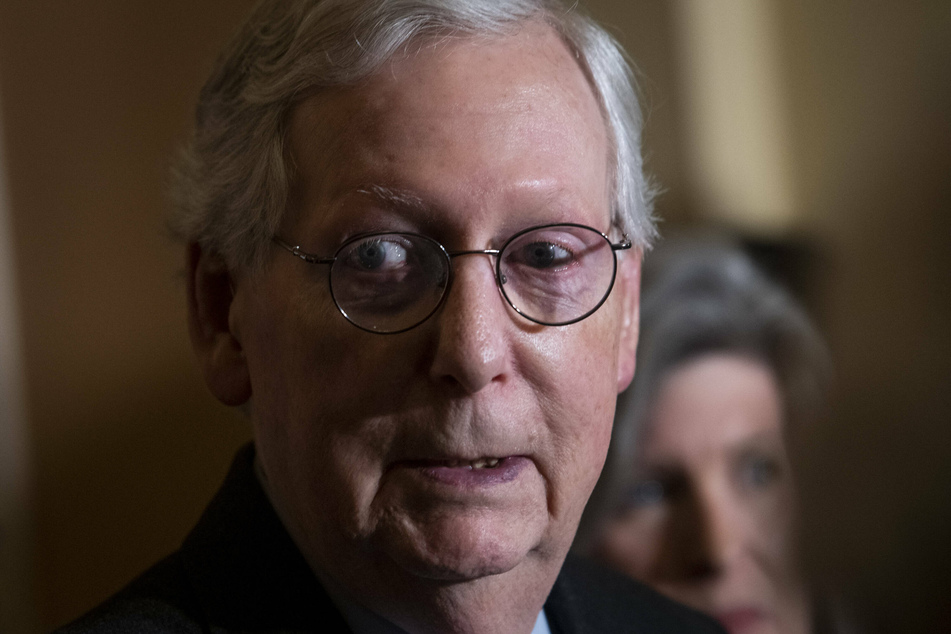
Republicans, with the support of the conservative House Freedom Caucus, were hoping to tap into opposition to the Biden administration's mandate, which requires workers to be vaccinated against the coronavirus or tested weekly for infection.
The White House has touted the vaccines as the path to ending the pandemic, particularly in the face of the country's first case of the omicron variant, found in a San Francisco patient.
Having averted a shutdown, congressional leaders will soon have to deal with another pressing function of government: The nation's debt limit will have to be raised, probably in January.
Raising the debt limit used to be a nonpartisan, noncontroversial action that Congress routinely approved without much fuss. But in 2013, Republicans used the "must-pass" measure as a leverage point to extract concessions on Obamacare. It has continued to be controversial since then.
When the debt limit was last addressed in October, McConnell initially said Republicans would refuse to help raise it. As the deadline closed in, he reversed course and provided the needed votes in the face of withering criticism from conservatives.
It is not yet known how the next debt limit increase might be handled.
Cover photo: Collage: IMAGO / ZUMA Wire
